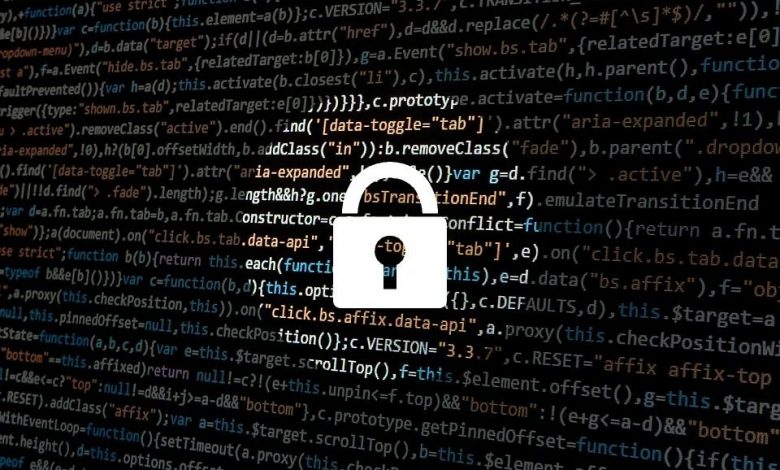Awareness is Key to CyberSecurity Risks in Seniors


by Anne Das
The internet can be a scary place, especially if you are old enough to be able to remember dialling a rotary telephone! As populations age, more elderly people are using the internet today than ever before, but with little awareness of the dangers that can be faced online.
Staying safe online can be really overwhelming as most users have their photos, credit cards, personal communications, financial information, and devices exposed to hackers every single day without even knowing that they are in danger.
Those all-important smartphones, laptops, PCs, and even tablets hold huge amounts of personal data. It is so important in taking steps to avoid handing over your data, banking information, or even your identity to cybercriminals.
Since Digital Payment is now the leading choice for many consumers all over the globe, when it comes to conducting online financial transactions, cyber criminals and fraudsters will always attempt to go after the most vulnerable targets first.
Seniors would much rather pay with cash and their worries are understandable and should be seen as a precautionary measure towards making costly mistakes in a technology they are still learning to use.
“It is important to be aware of the cyberthreats and take active steps to protect one’s personal data” advices Dr. Carrine Teoh, VP, Asean Chief Information Officer Association (OIC)
Online scams can be particularly dangerous to seniors who are not experienced in spotting them. Some of the more common online scams: offers of free gifts and prizes, offers of discounted prescription medications and requests that claim to be from government agencies that ask for personal info and many more.
Educate your loved ones about these scams and explain that if there is any doubt, they should ignore the email or message and let someone know about it right away.
Fortunately, a lot of these attacks can be prevented with a few tips and by following a few simple steps to help the older adults embrace technologies securely while they are online.
Here are just a few things you can do to add some extra protection right now: –
- UPDATE PRIVACY SETTINGS. Effectively using devices and apps is an issue for some older users. Parental controls are not just for restricting children’s activities – they can also be used to simplify things for the seniors. Check the privacy settings on every app, device, and platform that anyone in your household is using.
- SECURE PERSONAL INFO. Keep information like phone numbers, birthdays, Identity Card numbers or bank details. Never give away that information in an email or share it in an online profile.
- REGULARLY EXPLAIN TO THEM the essentials of safe internet and cyber hygiene practices. Teach them how to keep their password private, only share information with a person they know in real life and only connect to home network when making online transactions and never click on suspect links.
- INSTALL UPDATES. Software and firmware updates can seem like they are nagging at you, but they are the first line of defence. Updates usually alert you, to provide security patches for any new threats that are discovered. Make sure the latest updates are installed on all devices.
- ALWAYS GO TO THE SOURCE. Hackers use deceptive pop-up windows, email links, text messages, websites, phone calls, and more to try and rush and pressure users into bad decisions. Always confirm that the Information you received is authentic. Always be sceptical. If it sounds too good to be true, it probably is!
- ONLY GO ON SECURE WEBSITES. A website is considered secure if the address starts with “https://” (instead of “http://”). A quick way to check if the website is secure is to look for the padlock icon next to the address bar, which indicates the website you are using has a secure encrypted connection.
- USE A VARIETY OF PASSWORDS. The best way to keep online accounts safe is to use different and complex passwords for each account. Remembering so many different passwords is difficult, so it is advisable to use a password manager.
- USE SEARCH ENGINES. There is a good chance the scam being run on you has been used before. Copy-paste text from an email, or just type in a few words describing your situation, followed by the word “scam”, and see if the same scam has been attempted on other people.
As the world continues to grow even more digital than ever before, senior citizens should feel like they have the freedom to connect to what matters most to them. It is the responsibility of all parties to make the digital environment more welcoming and safer for the older generation.


